TikTok is edging closer to a nationwide ban in the US, after last week losing an appeal against a law that would have required the video-sharing app to divest from its Chinese parent company ByteDance by January 19, 2025.
On December 16, in a last-ditch effort, TikTok and ByteDance filed an emergency petition with the US Supreme Court asking for a temporary injunction to halt the enforcement of the law banning this social network with about 170 million users in the US.
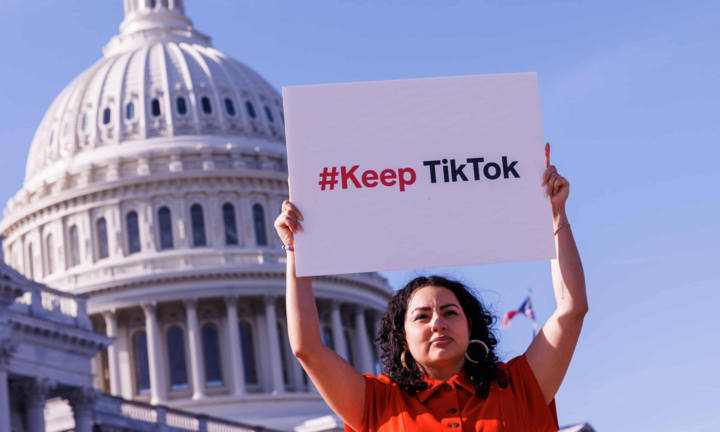
Protesters hold signs supporting TikTok outside the Capitol in Washington, US. (Photo: Shutterstock)
The companies say a shutdown of even a month would cost TikTok about a third of its U.S. users and undermine its ability to attract advertisers and recruit talented creators and employees.
However, President-elect Donald Trump has said he could play the role of "white knight" to rescue TikTok's operations in the US.
In a filing with the US Supreme Court on December 16, TikTok asserted that there was no potential threat to US national security and that delaying implementation of the law would allow the Supreme Court to review the legality of the ban, as well as the incoming administration of President-elect Donald Trump to evaluate the law.
Mr. Trump takes office on January 20, 2025, one day after the deadline imposed by the law on TikTok.
Why did Trump change his mind about TikTok?
President-elect Donald Trump unsuccessfully tried to ban TikTok during his first term in 2020. He has since reversed his stance and opposes a forced sale of the app.
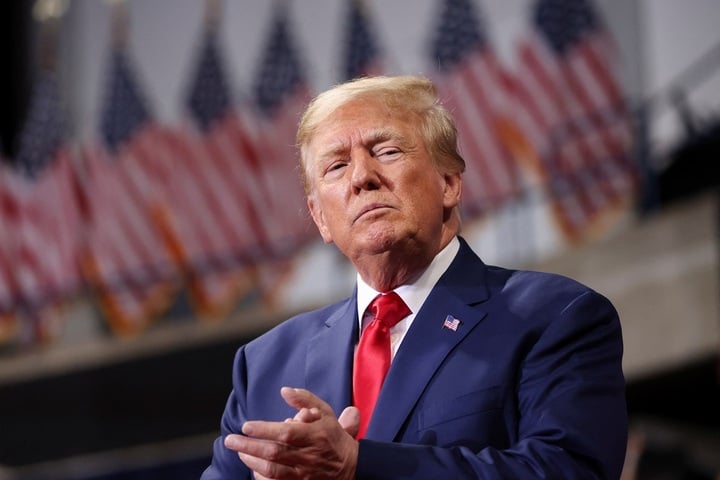
Mr. Trump announced that he would try to rescue TikTok's operations in the US. (Photo: Reuters)
Mr Trump has argued that forcing TikTok out of business would only benefit Meta, the parent company of Facebook and Instagram, which sees TikTok as a formidable competitor. Meta suspended Mr Trump’s access to its platforms for two years after the Capitol riots. The company would clearly benefit from a TikTok ban, as it would attract TikTok’s US user base.
However, Mr. Trump has publicly mended his relationship with Meta CEO Mark Zuckerberg, so President-elect Trump’s shift in stance toward TikTok may extend far beyond his complicated relationship with U.S.-based social media companies.
Trump's views on TikTok may be shaped by political and financial considerations, said Chen Gang, deputy director of the East Asian Institute at the National University of Singapore.
Key figures in the Trump administration, such as Marco Rubio and Mike Waltz, have long advocated a tough stance on TikTok. But influential billionaire donors like Jeffrey Yass, a major investor in TikTok’s parent company ByteDance, have a financial incentive to keep the app operating in the United States. After a meeting between Yass and Trump in March 2024, the president-elect reversed his intention to ban TikTok.
Trump could also face political backlash as half of the US population uses TikTok. The platform is particularly popular among Generation Z voters, and a Pew Research Center survey found that support for a TikTok ban has declined among older Americans.
With TikTok providing a source of income for content creators, influencers and small businesses, Mr Trump may be careful not to alienate voters and the business community, especially amid the threat of an economic recession.
The role of lobbying
In addition to political and legal obstacles, lobbying forces — from TikTok and China — also need to be on Trump’s mind.
TikTok CEO Chew Shou Zi is said to have consulted with Tesla CEO Elon Musk, one of Trump's close advisers, on the incoming administration's technology policy.
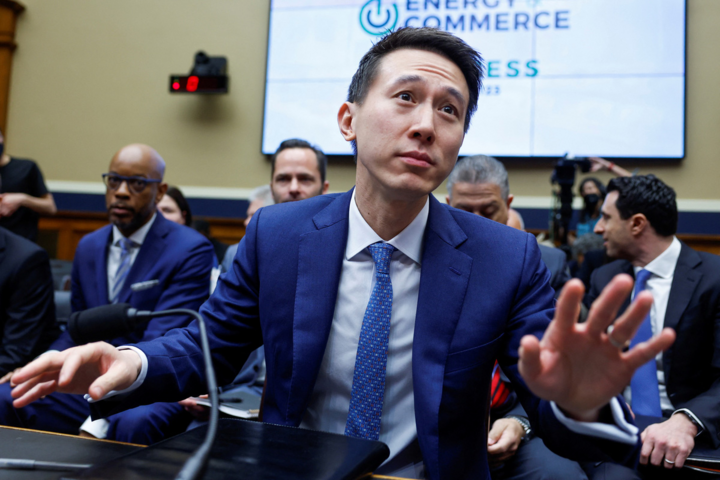
TikTok CEO Zhou Shusi testifies before the US Congress on March 23. (Photo: Reuters)
For its part, Beijing has opposed banning or forcing TikTok to divest, citing the sensitivity of the app’s algorithms and technology. China has made clear that it will take measures to protect its interests, suggesting that discussions between Chinese officials, ByteDance, and the US government are ongoing.
President-elect Trump’s business-oriented mindset, which has greatly influenced his approach to China, also influenced decisions not only regarding TikTok but also other tech companies with ties to China.
Mr Trump’s foreign policy, particularly towards China, is likely to prioritize economic interests over ideological considerations. While Mr Trump remains cautious towards Beijing, his policies are likely to be shaped by pragmatic, economically beneficial deals – such as opening up China’s markets and reducing the trade deficit.
Source: https://vtcnews.vn/ong-donald-trump-se-lam-hiep-si-ao-trang-giai-cuu-tiktok-ar914429.html




![[Photo] Prime Minister Pham Minh Chinh receives Mr. Jefferey Perlman, CEO of Warburg Pincus Group (USA)](https://vstatic.vietnam.vn/vietnam/resource/IMAGE/2025/4/18/c37781eeb50342f09d8fe6841db2426c)

![[UPDATE] April 30th parade rehearsal on Le Duan street in front of Independence Palace](https://vstatic.vietnam.vn/vietnam/resource/IMAGE/2025/4/18/8f2604c6bc5648d4b918bd6867d08396)


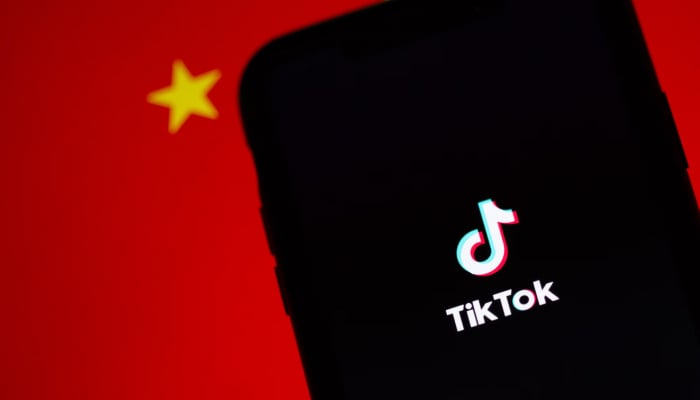

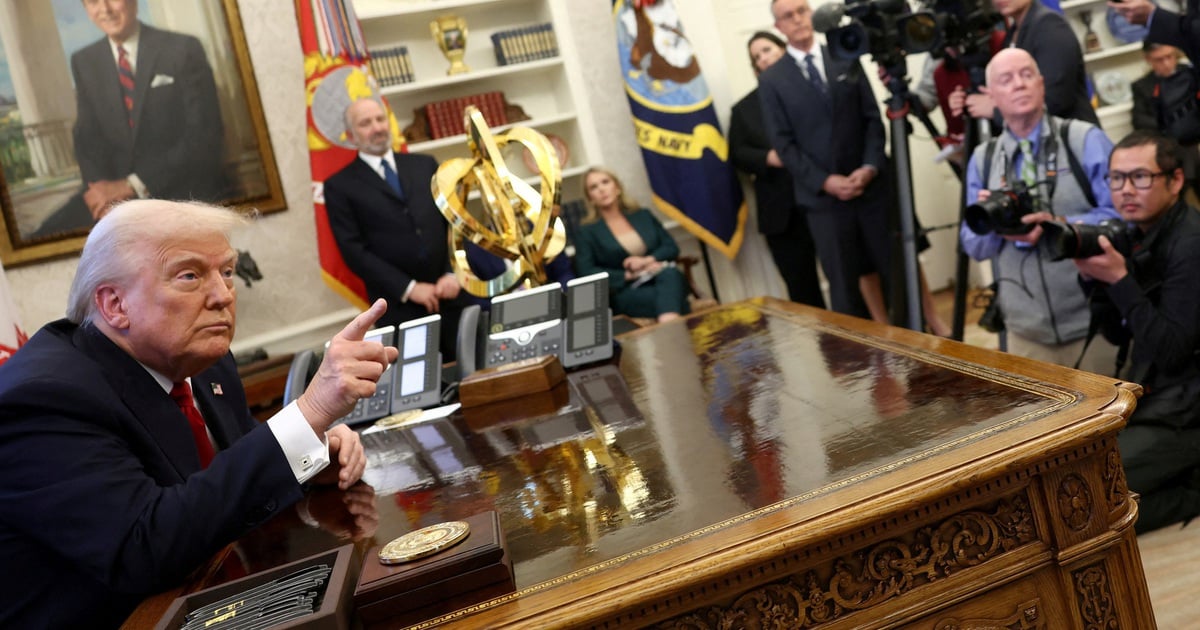

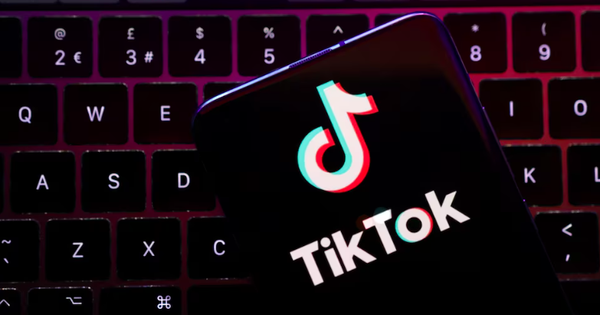

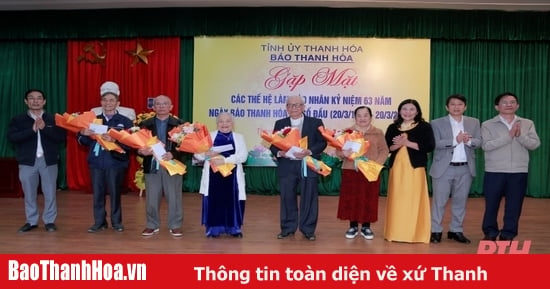


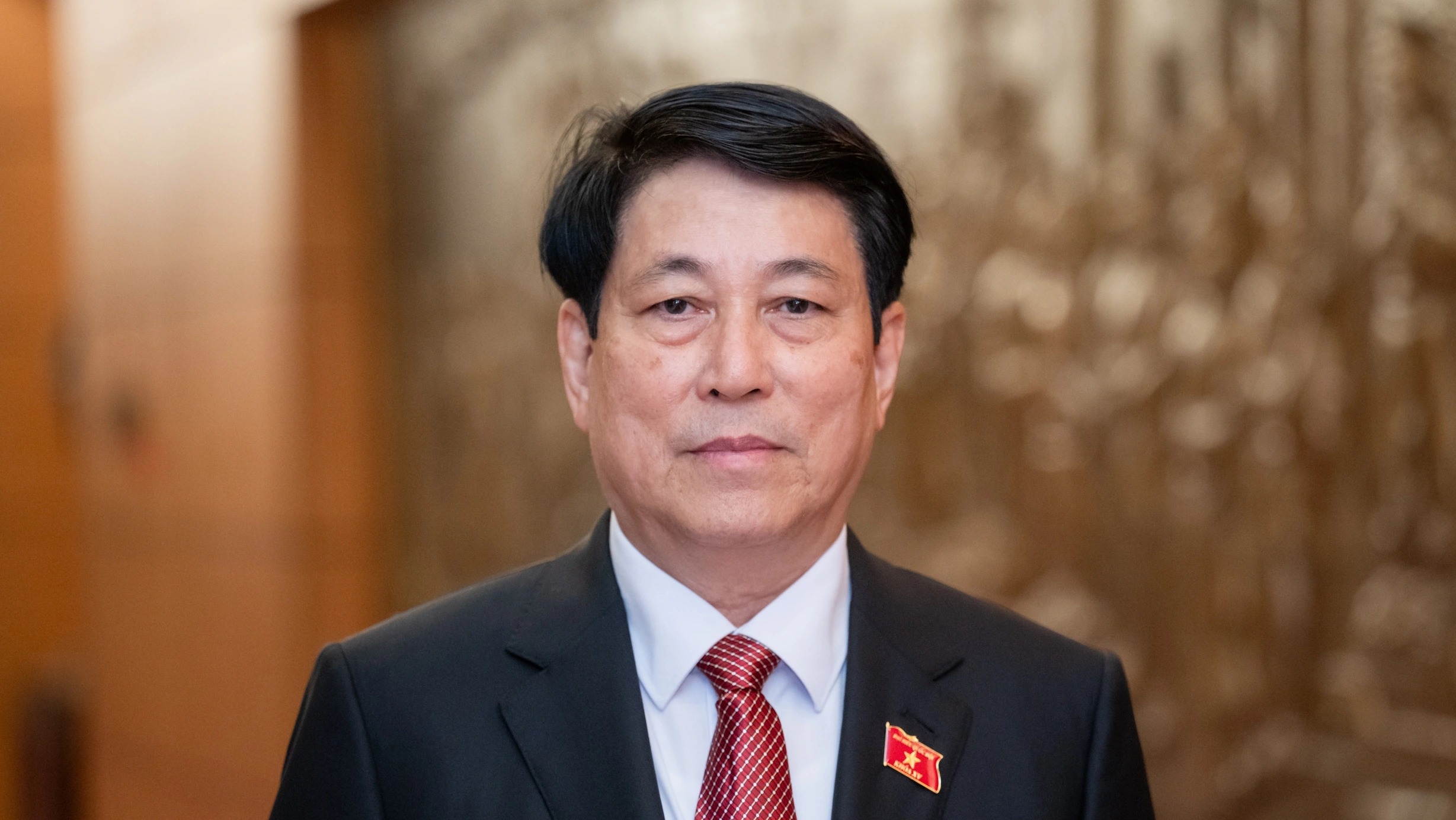
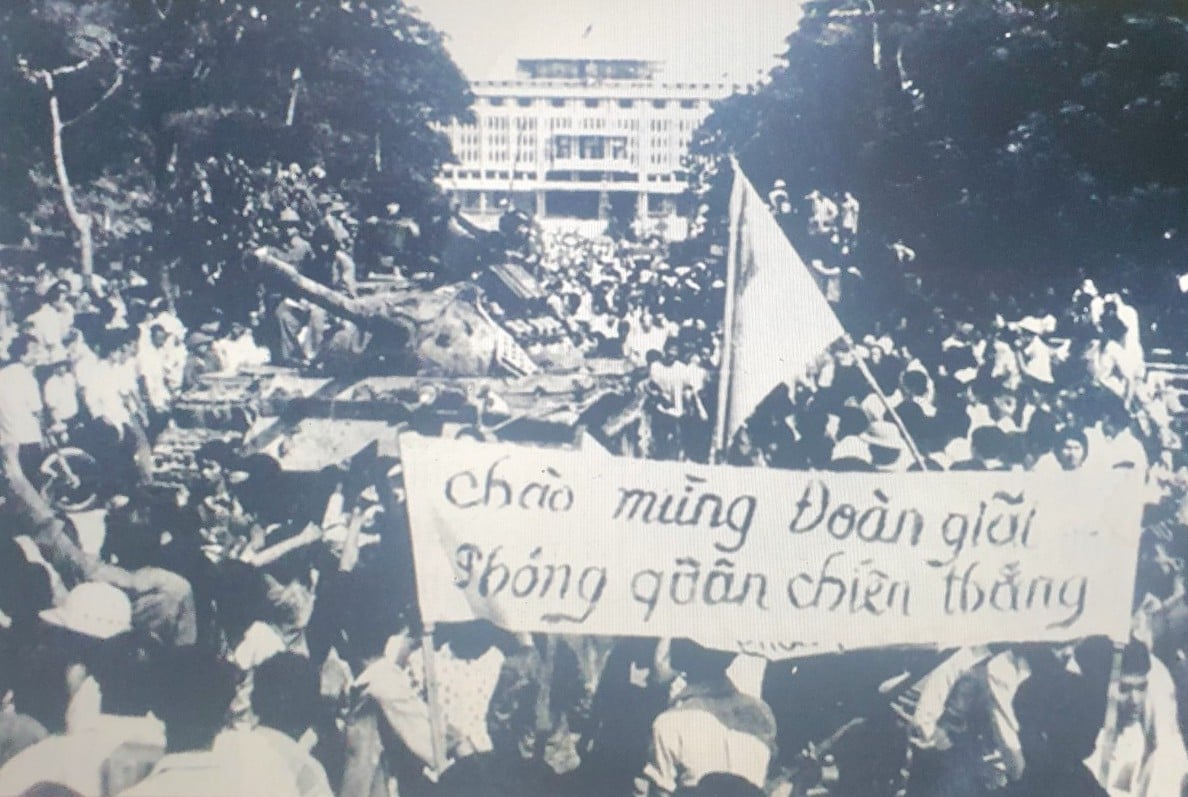









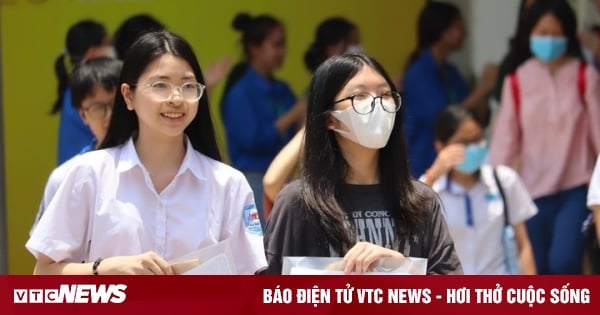
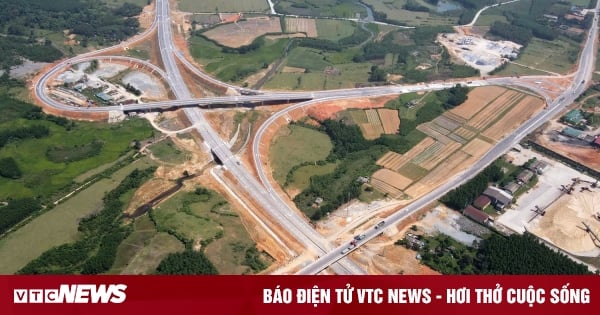


































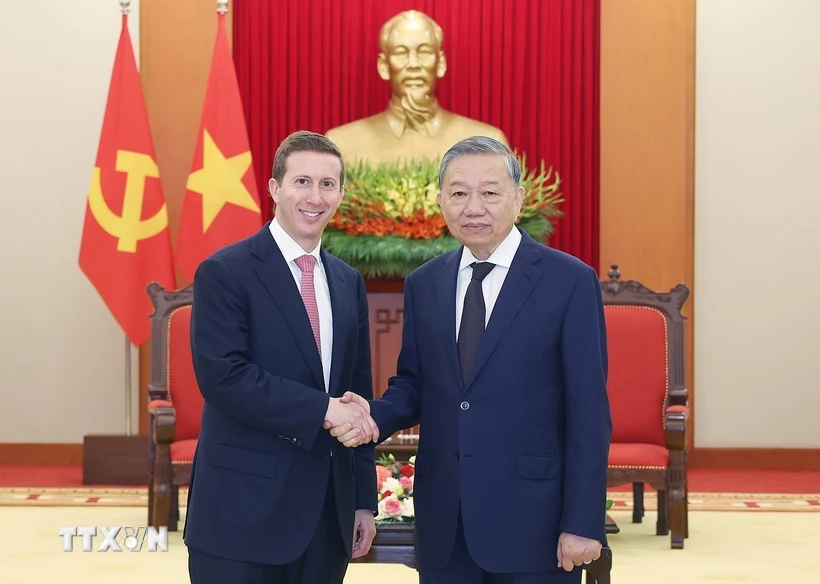








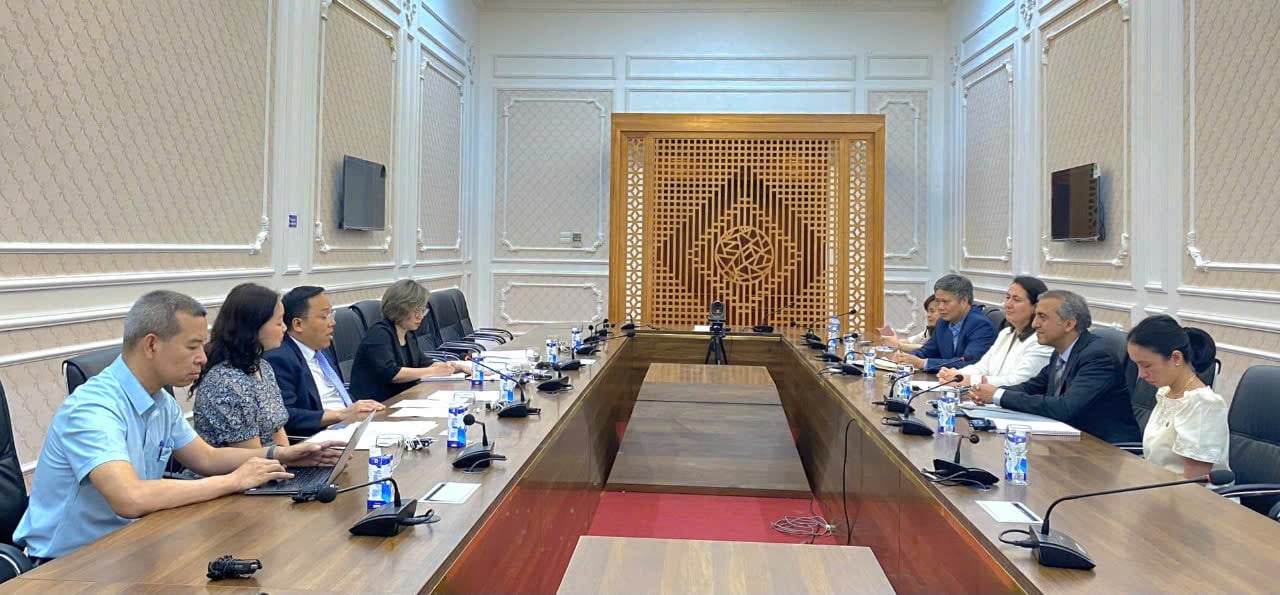

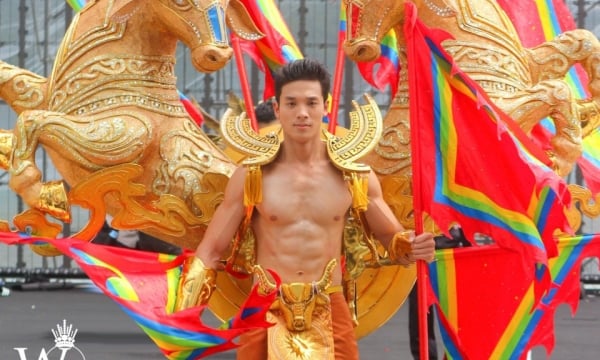







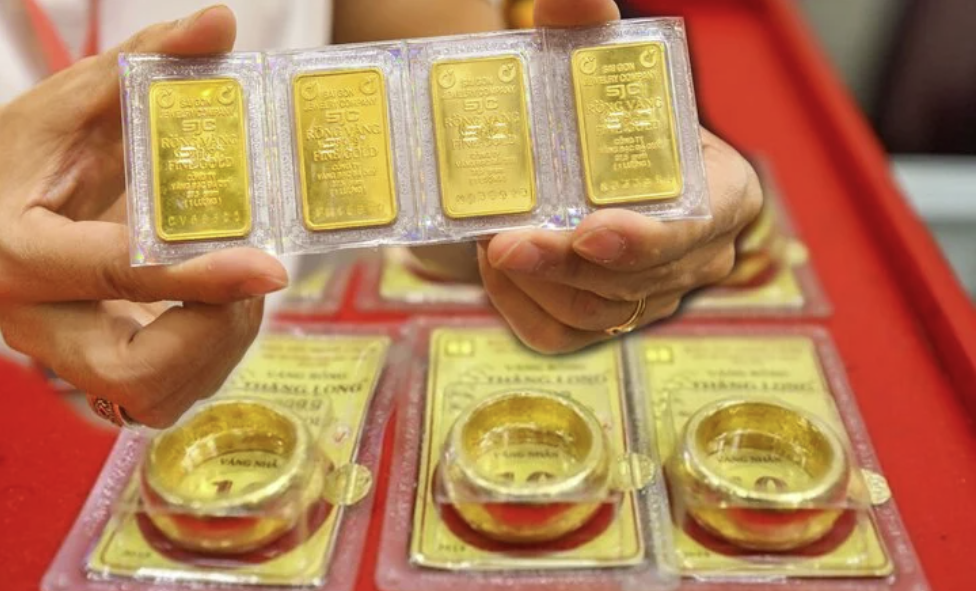











Comment (0)